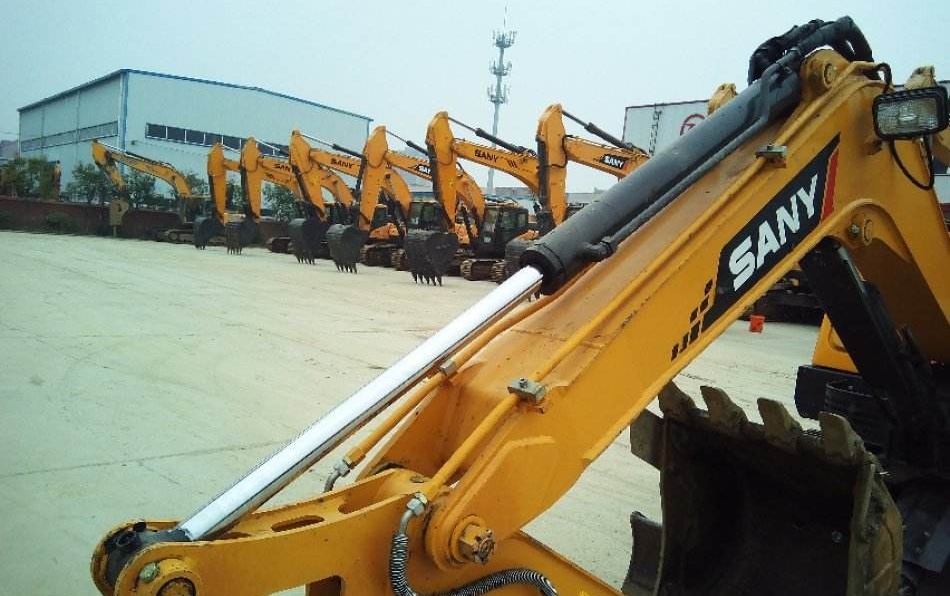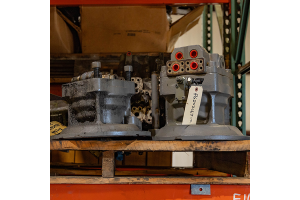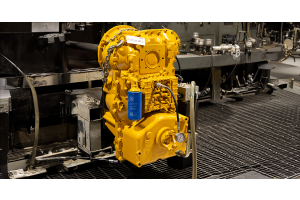
Hydraulic cylinders are a crucial component of any excavator, as they are responsible for providing the force necessary to move and operate the various attachments on the machine. However, like any mechanical component, hydraulic cylinders will eventually wear out and need to be replaced. In this article, we will discuss some of the signs that it is time to replace a hydraulic cylinder on an excavator.
-
Leaks and damage to the cylinder: If you notice that your hydraulic cylinder is leaking fluid or has visible damage to the cylinder itself (such as dents or cracks), then it is likely time to replace it. These issues can lead to decreased performance and efficiency, and can even cause the cylinder to fail completely.
-
Decreased performance: If you notice that your excavator is not performing as well as it used to, or that it is struggling to complete certain tasks, this could be a sign that one or more of the hydraulic cylinders is not functioning properly. In this case, it may be necessary to replace the faulty cylinder in order to restore the machine to its full operating capacity.
-
Excessive wear and tear: Over time, all mechanical components will experience some level of wear and tear. However, if you notice that your hydraulic cylinder is showing excessive signs of wear and tear, such as deep grooves or scratches on the cylinder surface, then it is probably time to replace it. Continuing to use a cylinder that is heavily worn can lead to decreased performance and even failure.
-
Strange noises or vibrations: If you notice that your hydraulic cylinder is making strange noises or causing unusual vibrations when in use, this could be a sign of a problem. These issues could be caused by internal wear and tear, or by damage to the cylinder. In either case, it is important to replace the faulty cylinder to ensure that your excavator is operating safely and efficiently.
In conclusion, there are several signs that it is time to replace a hydraulic cylinder on an excavator. These include leaks and visible damage to the cylinder, decreased performance, excessive wear and tear, and strange noises or vibrations. By paying attention to these signs and replacing faulty cylinders as needed, you can ensure that your excavator is operating at its full capacity and avoid costly repairs down the line.









